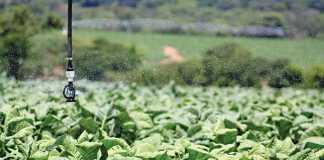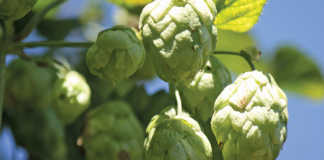“The removal of indigenous vegetation and the destabilisation of river banks causes all sorts of disruptions,” said David Maritz, iLembe district compliance monitoring and enforcement officer for the KZN department of agriculture and environmental affairs (KZNDAE).
The sand is used for purposes such as construction.
“Biodiversity on river banks faces habitat removal. Removal of river banks also disrupts the flow of the river, as does the digging of deep pools, which allows water to stagnate. This affects the migration of fish and the movement of sand, which is important for our beaches.”
If river banks aren’t rehabilitated after sand winning, soil erosion causes sedimentation. This can affect water quality, and hamper farming activities such as irrigation. And if indigenous vegetation isn’t replaced, weed and alien species quickly take over. Dolphin Coast Conservancy chairperson Di Jones said illegal sand winning on the uMvoti River, near Stanger, has caused a “shocking influx” of alien invasive plants.
“The water quality when it gets to Stanger is diabolical and sand winning is one of the contributing causes,” she explained. “The estuary is the nursery area for fish but fish and plant life are struggling to survive. Sand winning has also changed the course of the river.” And it’s not only sediment that affects water quality.
When the riparian zone – the edge of stream vegetation – is removed you’re “taking out growth that naturally filters any sediment, so there’s more pollution downstream,” said Jones. According to the Duzi-uMngeni Conservation Trust (DUCT), a number of sand winning operations along the uMngeni River and several of its tributaries aren’t being implemented environmentally correctly.
DUCT chairperson Dave Still estimates there could be 20 sand winners along the uMngeni River. “The Department of Mineral Resources won’t tell us how many have permits. If it was done properly and with proper rehabilitation, it wouldn’t be a problem. But there is little supervision of sand winning.”
However, according to Maritz, KZNDAE has initiated investigations to determine the true scale of the problem, but is “battling to strike up relations with the Department of Mineral Resources, under whose mandate mining falls.” The monitoring of environmental compliance is also the department’s mandate, noted Maritz. “Sand winning is not just isolated to rivers or even to Durban,” he added. “It’s an issue countrywide. In some areas they’re sand mining out in the open veld.”












